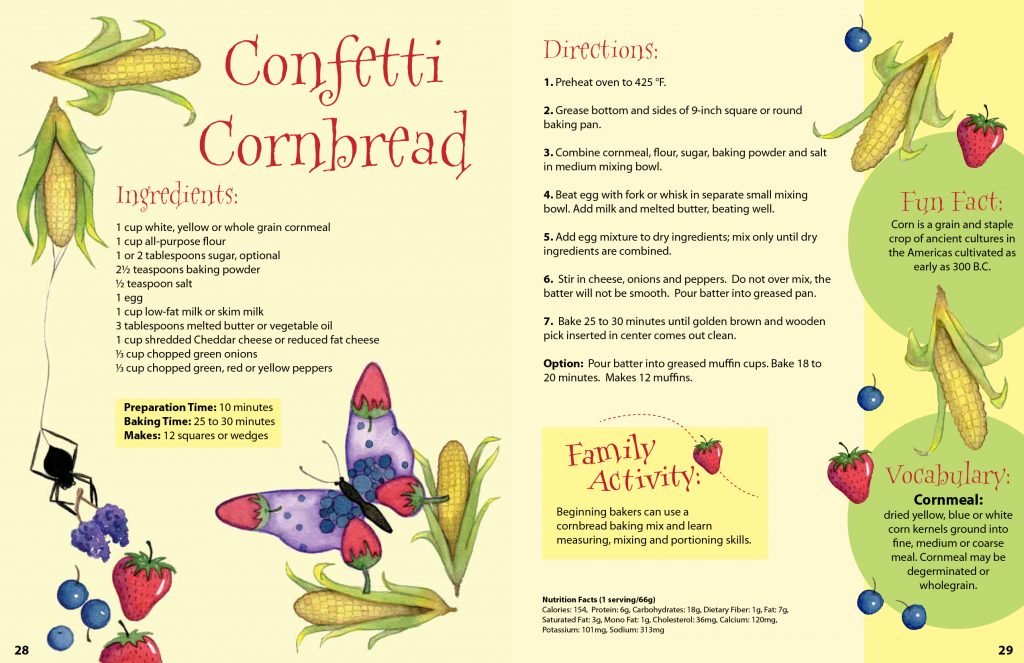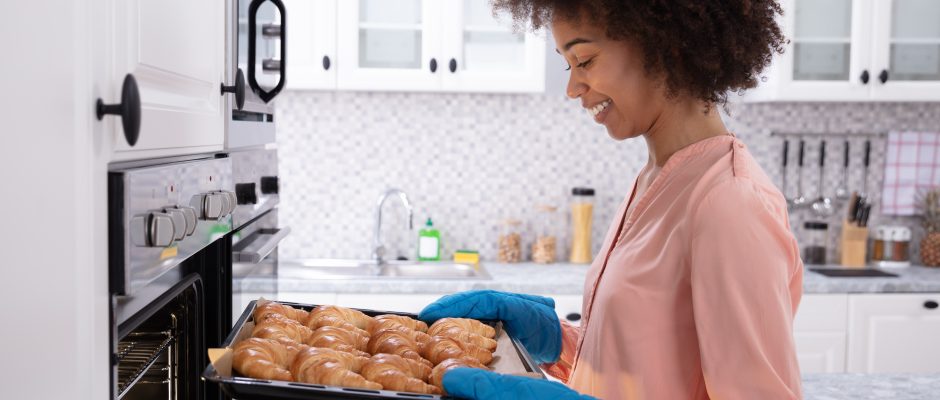We called it “summer school,” in Iowa. It was that time when we boosted skills and content knowledge once the official classroom door closed and our teacher collapsed from exhaustion. Usually the focus was reading, math and science. Yes, I too needed help.
Baking’s perfect to build actual interest in these topics, a major key to learning. Baking should be repeated to build reading, applied math and science muscle.
Applying them makes sense to kids and parents.
Don’t dumb it down, but choose well-tested, “best practices” recipes, ingredients and methods to start with—muffins, pancakes, drop biscuits, cobblers, flat breads like focaccia, tortillas, pizza to get the feel of batter and knead dough. Pies, cakes, cookies, shaped breads use more steps and ingredients for next level. Repeat, repeat, repeat.
Pick a well-tested recipe or two from our sources
Baking Test Kitchens
Baking chefs like Nancy Baggett and Baker Bettie
Read the recipes top to bottom. Take time. How complicated are they? Do you have the ingredients, equipment, and time needed? Look up terms or techniques you might not know
Just Getting Started? Be sure you know how to measure dry and liquid ingredients or how to use the ingredient scale and other fundamentals.
Read the recipe again and mise en place (gather, pre-measure or preps- dice, chop, etc) all the ingredients and tools. Check out our
YouTube channel for measurement and mis en place videos and tips.
Understand Your Baking Temperatures. Pre-heat the oven before baking. Let the oven re-heat after taking out a pan of cookies. Measure the temperature of your ingredients to be sure they’re cold or warm enough, or not too hot.
Most things worth learning aren’t learned in one try. Chef Kaylee Gill, Research Chef with Campbell Snacks Pepperidge Farms, began by baking at home, in 4-H and for neighbors and friends.
“The summer between junior and senior high I set a goal to bake everyday, using something I learned the day before when I baked the next day.” Also “Realize that it’s okay if you make a mistake. There are times when you’ll misread your ingredients and instructions or add something at the wrong time in the wrong amounts. If there is a term you are not familiar with then look it up. The biggest thing I learned was to do my research, take my time, and remember that it’s okay to make mistakes.”
Access full feature, Wheat Foods Council e-Kernels magazine, Winter, 2022.
A great start? Go with Baking with Friends, Confetti Cornbread





Comments are closed.